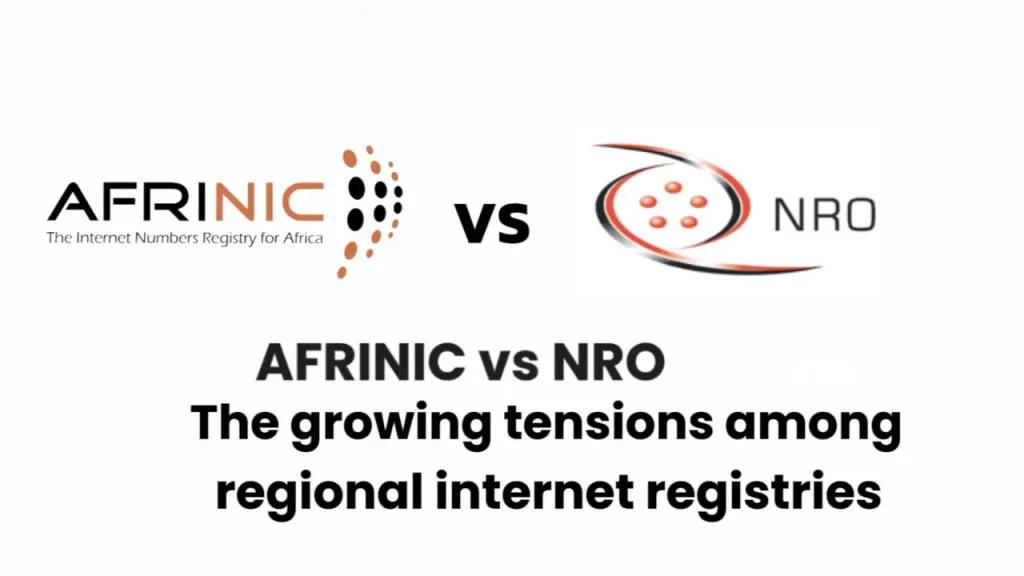- The NRO issued a rare public statement acknowledging AFRINIC’s governance challenges following its 2025 election annulment.
- The move has sparked concern over rising tension between regional internet registries and the stability of decentralised internet governance.
Tensions rise in the RIR community
A statement released by the Number Resource Organization (NRO) on 1 July 2025, and endorsed by all five Regional Internet Registries, has drawn renewed attention to AFRINIC’s internal crisis. The statement acknowledged “significant governance challenges” within AFRINIC following the annulment of its 2025 board election. While positioned as a reaffirmation of support for AFRINIC’s stability and the African internet community, the intervention marked a rare public stance from the collective RIR leadership.
The NRO called for a return to good governance and community-based decision-making, while stopping short of direct criticism. Yet, the timing and tone of the statement have been interpreted by some observers as a signal of concern about AFRINIC’s ability to resolve its internal impasse. In Africa, reactions have ranged from cautious approval to unease about external influence during a sensitive period.
Also Read: Cloud Innovation calls for AFRINIC wind-up
Also Read: RIPE NCC joins IGF 2025 in Norway to shape internet governance
Uncertainty in a decentralised model
The RIR system was built on the principle of regional autonomy, reinforced by mutual respect and informal coordination. Public remarks from the NRO, though carefully worded, have highlighted the difficulty of maintaining this balance when one registry is seen as unstable. The current situation reflects an uncomfortable truth: the decentralised governance model has no clear process for resolving crises within a peer organisation.
By choosing to speak as a unified voice, the NRO appears to be prioritising institutional continuity over non-intervention. While this may reflect legitimate concerns over AFRINIC’s long-term viability, it also introduces tension within the broader community. The lack of specific mechanisms for conflict management or accountability between RIRs adds to the uncertainty, especially as political and legal pressures within AFRINIC continue to mount.

